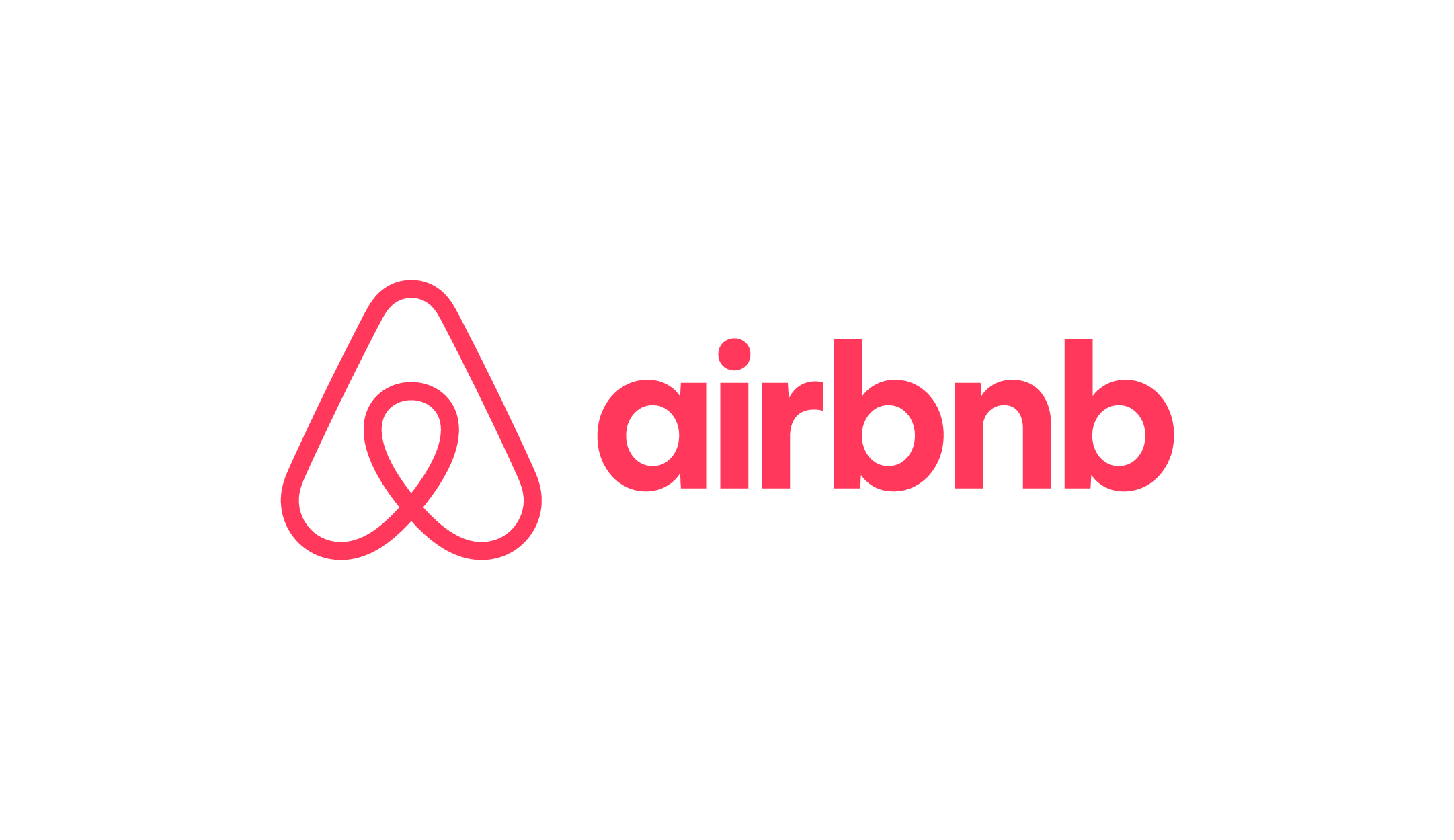Perhaps one of the most confounding aspects of American culture for international students and professionals is our habit of “small talk”. Many ask me: “What is that? What should I say? Why is there such superficial conversation?”
Well, American small talk is not about the conversation’s content. Small talk is a way for us to feel comfortable with others when we first meet, to address the awkwardness of silence in the initial meeting. We are a culture that dreads silence when in the company of others. Two seconds of silence feels like an eternity. So we talk about non-essential matters to fill up that space. We do this until we can get to the true purpose of why we’re getting together — the interview, working on a team project, asking for networking help, having dinner.
When you think about small talk from this perspective, doesn’t it feel like such a relief? You don’t have to be fully studied on any matter that may pop up in small talk. You don’t have to feel insincere talking about topics that don’t seem consequential. All you have to do is “fill up” a few minutes with a topic that is easy for both of you to engage in. Hence the reason so much of small talk is about the weather (“it’s crazy how hot it’s been, isn’t it?”), or sports (“how about that game last night?”), logistics (“was this place easy to find?”), leisure time (“how was your weekend?”). When you begin to think about what you can talk about with ease for a few minutes, you realize there’s a lot you can talk about.
So here are some suggestions:
1) Have ready topics that are easy, top of mind and non-controversial for you and the person you’re meeting to talk about — that can be finished in a few minutes
2) Be ready to initiate the small talk…”this restaurant is beautiful, how did you know about this place?” Be ready to follow-up questions, “have you had Ethiopian food before? This is my first time”.
3) Respond to small talk questions with more than a yes/no answer…but use “headlines” rather than going into substantial detail. “Yes, I had a good weekend. A friend and I went to the movie festival in town. We saw some great movies”. Be ready to summarize your opinion of the movies.
4) Allow for “see-sawing”, where you say a few things then allowing the other person to respond / comment so both of you feel involved and heard. Remember small talk is about feeling connected to another person.
5) Be ready to elegantly shift into the true purpose of getting together (“You’re weekend sounds great. I hope I can go there someday”…slight pause..”Well, I appreciate your meeting with me to talk about your career path…”)
6) Be curious about whatever the other person has to say. It will allow you to come up with natural responses and comments.
Most importantly, small talk can be improved only with practice. Listen for small talk when you see Americans meeting each other, watch contemporary American movies in relevant settings, try starting a conversation with someone at the bus stop or in your classroom. Be ok with feeling embarrassed initiating small talk at first. Do it in low-risk settings (the cashier at the supermarket, the receptionist, the mailman). It gets easier. Really.
Small talk fluency is essential for social, professional and job search success. If you view small talk as a social tool we Americans use to feel comfortable with each other at the initial encounter, it may become much easier for you to initiate or engage in small talk with others.
So go out and try it. It may just be more fun than you realized!













